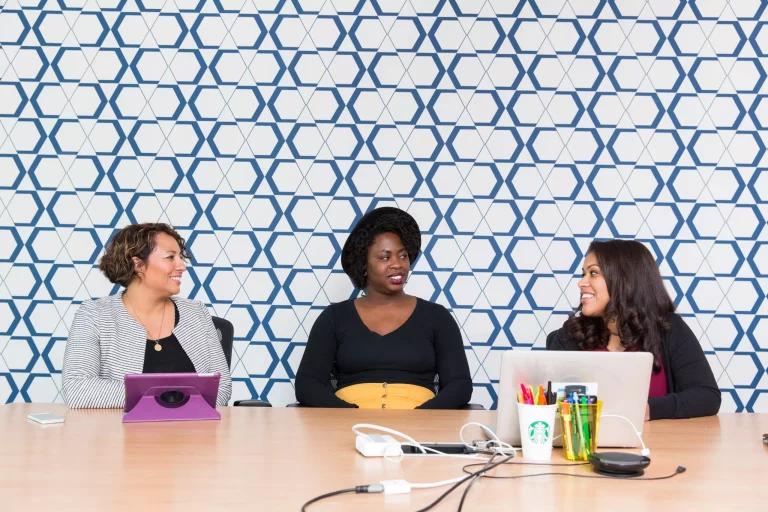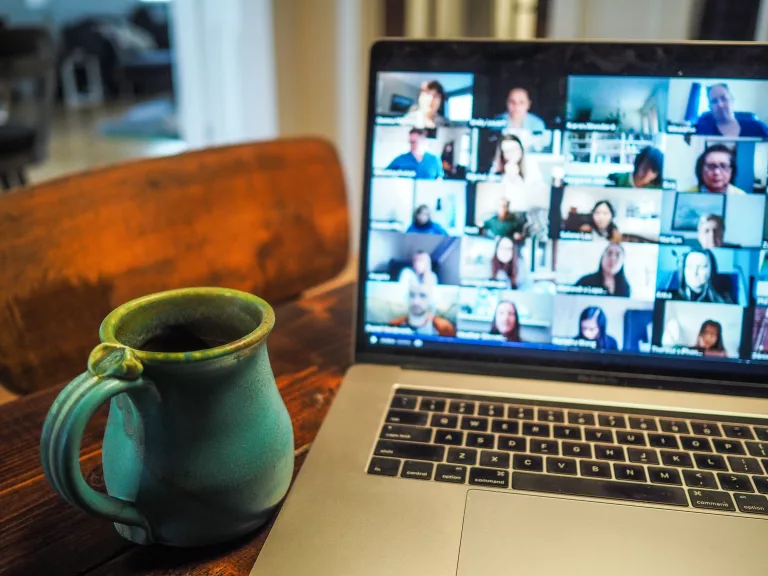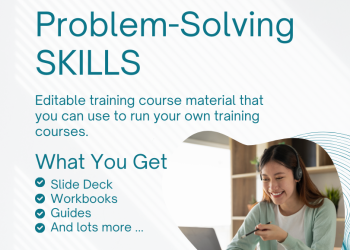Are your employees yawning through training workshops, struggling to retain information, and failing to apply new skills on the job?
It’s time to revolutionize your corporate training approach with the power of “Active Recall”!
Active Recall is a proven cognitive technique that enhances memory retention and boosts learning outcomes.
Unlike traditional passive learning methods where participants passively receive information, Active
Recall engages learners actively in the learning process. It challenges them to recall information from memory tests and retrieve knowledge independently, leading to deeper understanding and improved long-term retention.
We frequently hear this from clients who need training in presentation skills.
Here’s how you can leverage Active Recall in your corporate training workshops to achieve remarkable results:
- Interactive Quizzes and Assessments: Instead of simply presenting information one-sided, incorporate interactive quizzes and assessments throughout the training. These quizzes should require participants to recall and apply what they’ve learned. Not only does this reinforce knowledge, but it also helps identify knowledge gaps and areas that require further focus.
- Hands-on Simulations and Role-Playing: For skill-based training, engage participants in hands-on simulations and role-playing activities. Active Recall thrives in practical applications, allowing employees to practice what they’ve learned in a safe environment. This immersive approach solidifies their learning and boosts confidence when they apply the skills in real-life scenarios.
- Flashcards and Spaced Repetition: Use digital flashcard platforms or physical cards to encourage active recall during and after the workshop. Through spaced repetition, employees can review key concepts regularly, ensuring the information is retained in their long-term memory.
- Group Discussions and Peer Teaching: Encourage group discussions and peer teaching sessions. Active Recall is strengthened when participants explain concepts to others, as it reinforces their understanding and exposes any misunderstandings.
- Gamification Elements: Introduce gamification elements into the training to make it more engaging and enjoyable. Leaderboards, badges, and rewards for achieving learning milestones can motivate employees to participate and recall information effectively and actively.
- Real-life Case Studies: Present real-life case studies relevant to your organization. Participants can actively analyze and apply their knowledge to solve challenges they might encounter in their roles. This approach demonstrates the practical relevance of the training and reinforces active recall.
- Regular Recap Sessions: Schedule regular recap sessions where participants summarize what they’ve learned. These sessions reinforce previous lessons and ensure that critical information remains fresh in their minds.
- Follow-up Assessments: Conduct follow-up assessments weeks or months after the training. This will test the long-term retention and application of knowledge and help you measure the effectiveness of the training program.
Active Recall enhances the learning experience, promotes a deeper understanding of concepts, and significantly improves knowledge retention compared to passive learning methods.
Incorporating these techniques and debriefing steps for memory tests into your corporate training workshops can empower your employees to become more proficient, productive, and confident in their roles.
Shift to Active Recall today, and watch your training workshops become transformative experiences that drive tangible results for your organization!
With 30+ years of training experience, I founded Oak Innovation (oakinnovation.com) in 1995. I help busy training professionals and business managers deliver better training courses in less time by giving them instant access to editable training course material. I received my Bachelor’s and Master’s degrees from University College Cork. I hold qualifications in Professional Development And Training from University College Galway. Clients include Apple, Time Warner, and Harvard University.



















